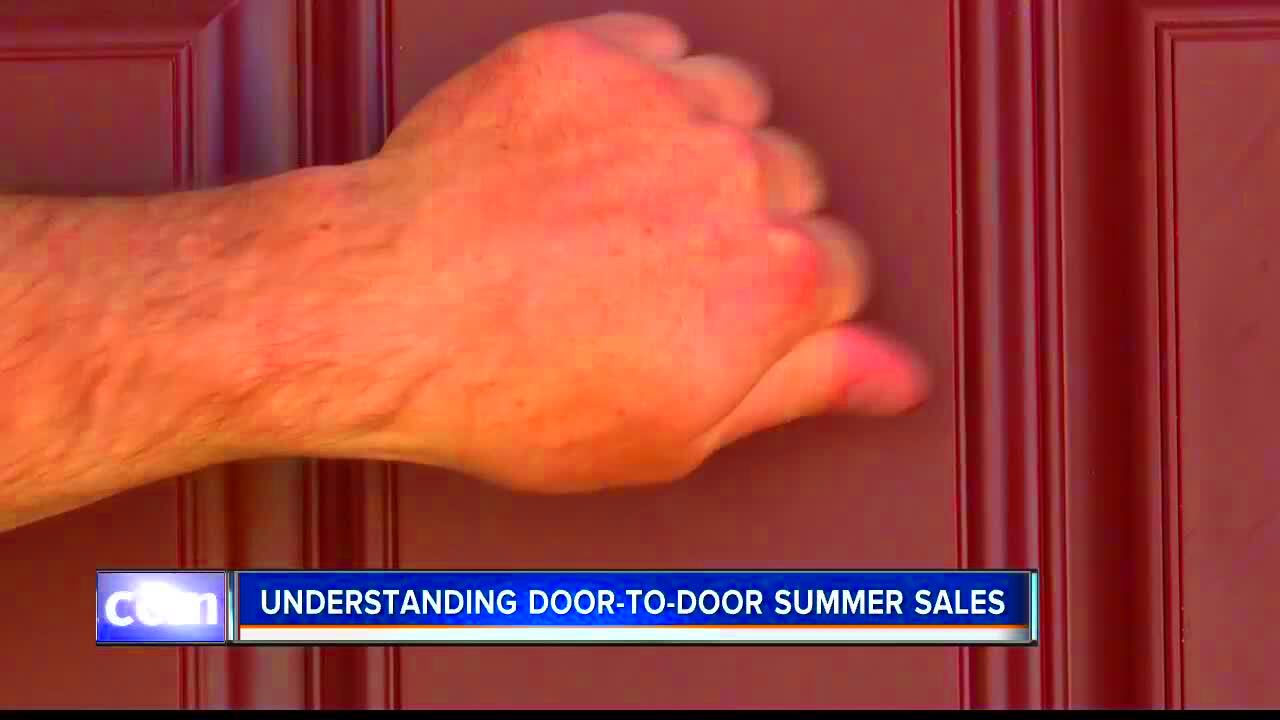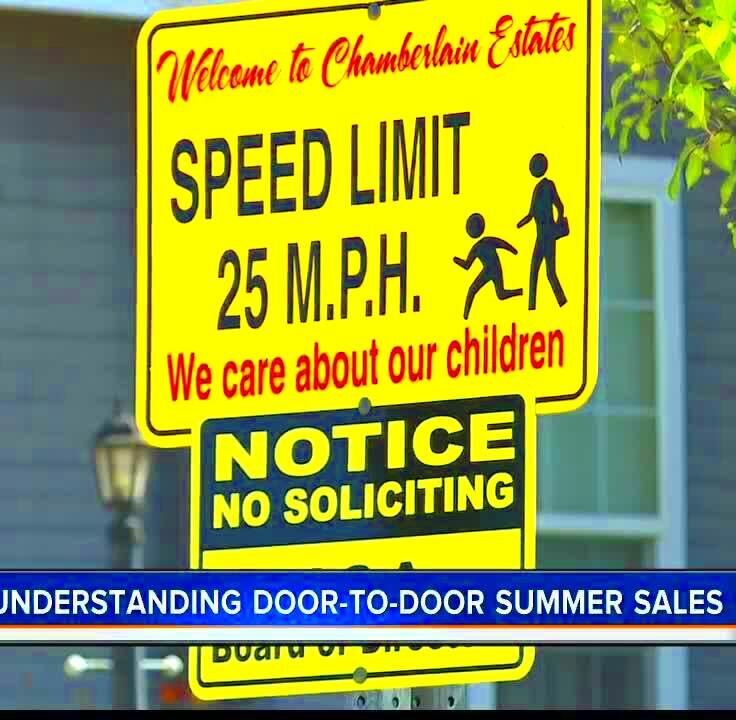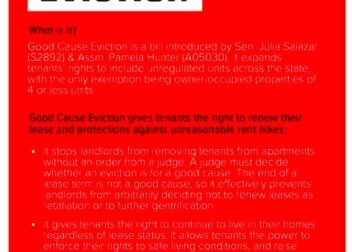Door to Door Solicitation Laws in North Carolina and Legal Limits
Door to door solicitation is a common practice where individuals or businesses promote their products or services directly to residents. In North Carolina, these activities are regulated to ensure that residents can maintain their peace and privacy. Understanding the laws surrounding door to door solicitation can help both solicitors and homeowners navigate this landscape legally and respectfully.
Understanding the Definition of Door to Door Solicitation

Door to door solicitation involves going from one home to another to sell goods, services, or gather donations. This can include:
- Sales of products like magazines, home goods, or food items.
- Offering services such as landscaping, cleaning, or pest control.
- Fundraising for charities or community organizations.
It’s essential to note that not all interactions at the door qualify as solicitation. For example, casual conversations or personal visits do not fall under this definition. However, if the intent is to promote a business or collect funds, it is considered solicitation and must comply with relevant laws.
Overview of Legal Requirements for Solicitors in North Carolina
In North Carolina, solicitors must adhere to specific legal requirements to operate legally. Here’s a breakdown of these requirements:
| Requirement | Description |
|---|---|
| Permits | Some cities and counties require solicitors to obtain a permit before they can start soliciting. |
| Identification | Solicitors should carry valid identification to verify their identity and legitimacy. |
| Respecting No Solicitation Signs | Solicitors must respect homes displaying “No Solicitation” signs. Ignoring these can lead to legal consequences. |
| Time Restrictions | Many areas impose time restrictions on solicitation, typically prohibiting it during late hours. |
By following these requirements, solicitors can operate within the law while ensuring that they respect the rights of residents. Understanding and complying with these rules not only protects solicitors but also fosters goodwill in the communities they serve.
Permits and Licenses Required for Door to Door Solicitation
When it comes to door to door solicitation in North Carolina, obtaining the right permits and licenses is crucial. These requirements can vary from one city or county to another, so it’s essential for solicitors to do their homework before hitting the pavement. Here’s what you need to know:
- Local Permits: Many municipalities require solicitors to apply for a permit. This process often includes filling out an application and paying a fee.
- Background Checks: Some jurisdictions may require a background check as part of the permit application process. This helps ensure that solicitors have a clean record and are trustworthy.
- Identification: Once you have your permit, you may need to carry it along with valid identification while soliciting. This proves that you’re operating legally.
It’s important to check with local authorities, like the city hall or county clerk’s office, to find out the specific requirements for the area where you plan to solicit. Failing to secure the proper permits can result in fines or being asked to leave the area. So, always stay informed!
Time Restrictions for Door to Door Solicitation in North Carolina
In North Carolina, time restrictions for door to door solicitation are put in place to respect residents’ peace and quiet. These restrictions can vary by locality, but here are some common guidelines:
| Time of Day | Notes |
|---|---|
| Weekdays | Solicitation is generally allowed from 9 AM to 7 PM. Check local laws for exact hours. |
| Weekends | Many areas allow solicitation from 10 AM to 6 PM on weekends. |
| Holidays | Solicitation on holidays is often restricted or prohibited entirely. |
To avoid complaints or legal issues, it’s best to err on the side of caution and adhere to these time frames. If you’re unsure about the hours permitted in your area, it’s wise to check with local regulations or law enforcement. Respecting these time restrictions helps maintain a positive relationship with the community.
Prohibited Practices in Door to Door Solicitation
While door to door solicitation can be a great way to connect with potential customers, certain practices are prohibited in North Carolina to protect residents. Here’s a list of common prohibited practices:
- Ignoring No Solicitation Signs: If a home displays a “No Solicitation” sign, solicitors must respect this and not approach the door.
- Harassment: Solicitors cannot pressure or intimidate residents into making a purchase or donation. Respect and courtesy are key.
- False Claims: Making misleading or false statements about products or services is illegal. Honesty is crucial.
- Soliciting After Hours: Approaching homes outside of permitted hours is not allowed and can lead to complaints.
- Failure to Carry Identification: Not having proper identification and permits while soliciting can result in fines or legal action.
By avoiding these prohibited practices, solicitors can maintain a good reputation and avoid legal trouble. It’s all about being respectful and transparent in your interactions. Building trust is vital for successful door to door solicitation!
Consequences of Violating Door to Door Solicitation Laws
Violating door to door solicitation laws in North Carolina can lead to a variety of consequences, both legal and financial. It’s essential for solicitors to be aware of these repercussions to avoid getting into trouble. Here’s a breakdown of what could happen:
- Fines: Many municipalities impose fines on solicitors who fail to obtain the necessary permits or violate time restrictions. These fines can range from a few hundred dollars to significantly more, depending on the violation.
- Legal Action: In severe cases, residents may take legal action against solicitors who ignore the laws, particularly if they feel harassed or threatened.
- Loss of Permit: If a solicitor is found in violation of local laws, they may have their solicitation permit revoked, preventing them from operating legally in the future.
- Criminal Charges: Repeated violations, especially those involving harassment or fraudulent practices, could lead to criminal charges, impacting one’s criminal record.
By understanding these potential consequences, solicitors can better appreciate the importance of adhering to local laws. It’s always better to play it safe than to deal with the fallout from violations.
How Residents Can Protect Themselves from Unwanted Solicitation
Residents have the right to protect their homes from unwanted solicitation. Here are some effective strategies to help keep solicitors at bay:
- No Solicitation Signs: Placing a clear “No Solicitation” sign near your front door is one of the easiest ways to deter solicitors. Make sure it’s visible!
- Know Your Rights: Familiarize yourself with local solicitation laws. If you feel harassed, you can report violations to local authorities.
- Talk to Neighbors: Share information with your neighbors about unwanted solicitors. A united front can make it easier to deter persistent solicitors.
- Screen Visitors: Use a peephole or security camera to check who is at the door before opening it. If you don’t recognize them, you can choose not to answer.
By taking these steps, residents can maintain their privacy and peace in their own homes while still being open to legitimate visitors. Empowering yourself with knowledge is key!
Frequently Asked Questions about Door to Door Solicitation Laws
Here are some common questions residents and solicitors have about door to door solicitation laws in North Carolina:
- Do I need a permit to solicit in North Carolina? Yes, many cities require solicitors to obtain a permit. Check local regulations for specific requirements.
- What are the hours for door to door solicitation? Generally, solicitation is allowed from 9 AM to 7 PM on weekdays and from 10 AM to 6 PM on weekends. Check local laws for specifics.
- What should I do if I feel harassed by a solicitor? If you feel uncomfortable or harassed, you can report the solicitor to local law enforcement or your neighborhood association.
- Can I refuse to talk to a solicitor? Absolutely! You are not obligated to engage with solicitors, and you can choose not to answer your door.
- Are there any protections for solicitors? Yes, solicitors also have rights, including protection from harassment and the ability to solicit legally if they follow the law.
Understanding these FAQs can help both residents and solicitors navigate the often complex landscape of door to door solicitation in North Carolina. Knowledge is power!
Conclusion on Understanding Legal Limits of Door to Door Solicitation
In summary, understanding the legal limits of door to door solicitation in North Carolina is crucial for both solicitors and residents. By being aware of the necessary permits and licenses, respecting time restrictions, and avoiding prohibited practices, solicitors can operate legally and maintain a positive relationship with the community. For residents, knowing their rights and employing effective strategies to protect their homes from unwanted solicitation ensures peace and privacy. Navigating the world of door to door solicitation can be complex, but with the right knowledge and respect for the law, both parties can benefit from these interactions.


